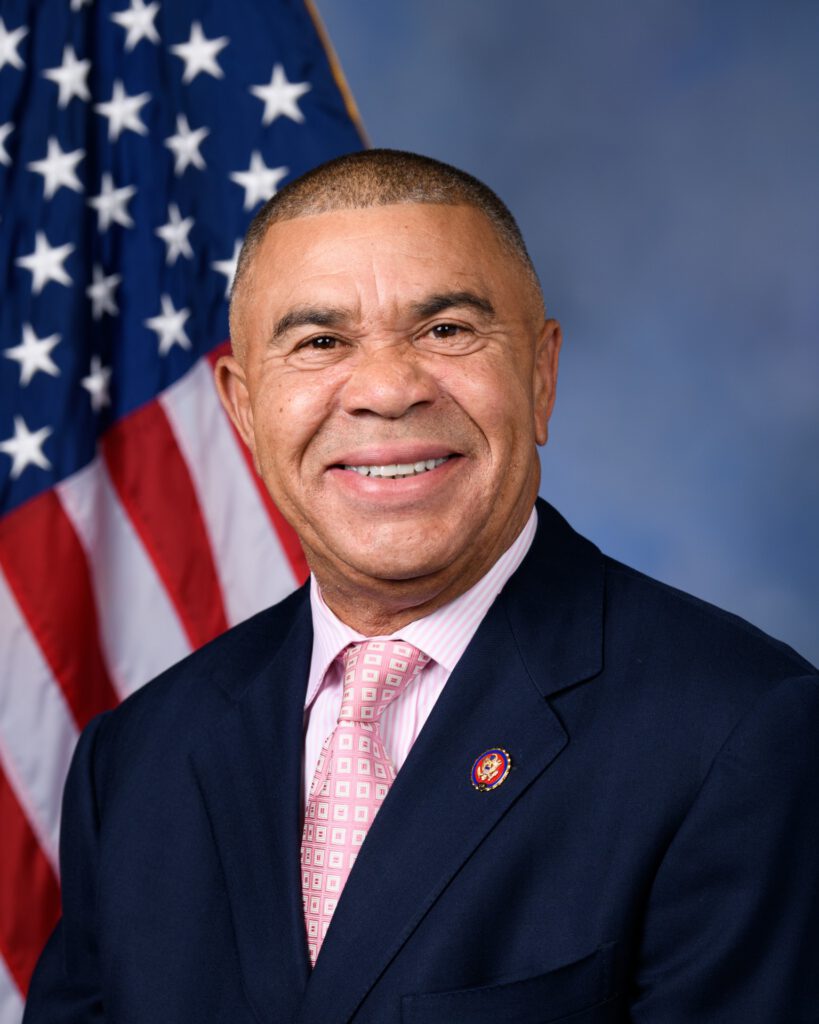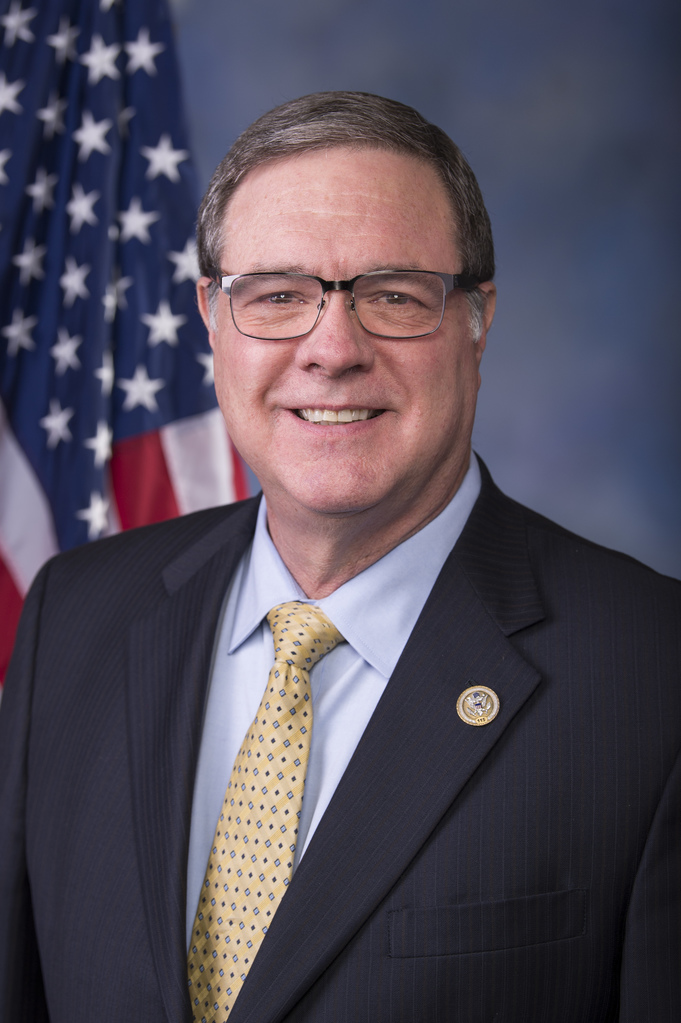Two members of the United States House of Representatives who were each spearheading the creation of new reverse mortgage-centric legislation will not be returning to Capitol Hill in 2021, throwing the future of the proposed laws they each spearheaded into flux. This is based on the results of Tuesday night’s primary elections in the states of Missouri and Washington, respectively.
Rep. Lacy Clay of Missouri and Rep. Denny Heck of Washington saw their political futures change on Tuesday night, with Rep. Clay losing the nomination for his congressional seat to a Democratic challenger, while the voters of Washington decided that Heck will be one of two candidates vying to become the state’s next lieutenant governor.
Last September at a hearing of the House Financial Services Subcommittee on Housing, Community Development and Insurance, two new bills authored by each respective Democratic congressman and sponsored by Financial Services Committee Chair Maxine Waters (D-Calif.) were discussed. They aimed to address issues related to bolstering reverse mortgage borrower protections, along with addressing the current national loan limit structure for Federal Housing Administration (FHA)-backed Home Equity Conversion Mortgage (HECM) loans.
But each of the respective bills’ authors will not be returning to the chamber when the 117th Congress is sworn in this coming January. In Missouri’s primary election, Rep. Clay was defeated by Cori Bush, a registered nurse and pastor with a history of political activism. Bush previously challenged Clay in 2018 for the Democratic nomination of his seat representing Missouri’s first congressional district, but came up short in that contest. Now, she will go on to face Republican Anthony Rogers in November.

Clay’s family has held the seat since his father was first elected to it in 1968. When his father retired in 2000, the younger Clay won the seat and has held it ever since.
The draft reverse mortgage bill from Rep. Clay intends to “conform the maximum loan limit for reverse mortgages insured by the FHA to be consistent with the area maximum loan limits for FHA-insured mortgages, and for other purposes,” the draft reads. This echoes a previous recommendation from officials in the Trump Administration, which proposed a similar change to the HECM program to shore up its position within the Mutual Mortgage Insurance Fund (MMIF).
Rep. Heck announced in December that he would be retiring from the House. The race for the position of lieutenant governor in Washington was thrown wide open after the incumbent, Democrat Cyrus Habib, announced that he was leaving his position — and politics at-large — so he could join the Jesuit religious order. The following month, Rep. Heck announced his candidacy for lieutenant governor of Washington, and his performance in Tuesday’s election will lead him to face fellow Democrat Marko Liias in November (Washington uses a nonpartisan blanket “top-two” primary system).

Heck’s draft reverse mortgage legislation is based on a previously-introduced 2017 bill introduced by Rep. Waters, which failed to progress to the House floor while the body was under the control of Republicans. The draft bill, titled “Preventing Foreclosures on Seniors Act of 2019,” is designed to reform HUD’s HECM program in ways that would help borrowers and non-borrowing spouses (NBS) of reverse mortgage borrowers avoid losing their homes.
Heck previously co-sponsored 2013’s Reverse Mortgage Stabilization Act along with the late Rep. Mike Fitzpatrick (R-Penn.), and was present in the Oval Office with National Reverse Mortgage Lenders Association (NRMLA) CEO and former President Peter Bell and then-HUD Secretary Shaun Donovan when President Barack Obama signed the measure into law.
Reverse mortgage industry priorities were already likely to have been put on the proverbial back burner due to the election year tumult in Washington, D.C., which was already considerable by the end of 2019 and beginning of 2020. That tumult grew exponentially due to the COVID-19 coronavirus pandemic, which has seemingly pulled any remaining political bandwidth into far more pressing concerns.
This isn’t to say that some future form of industry-centric legislation cannot take place in the future, however. In this instance, these congressmen will have to pass the baton of reverse mortgage legislation for others to pursue as each of their political lives and priorities change.



